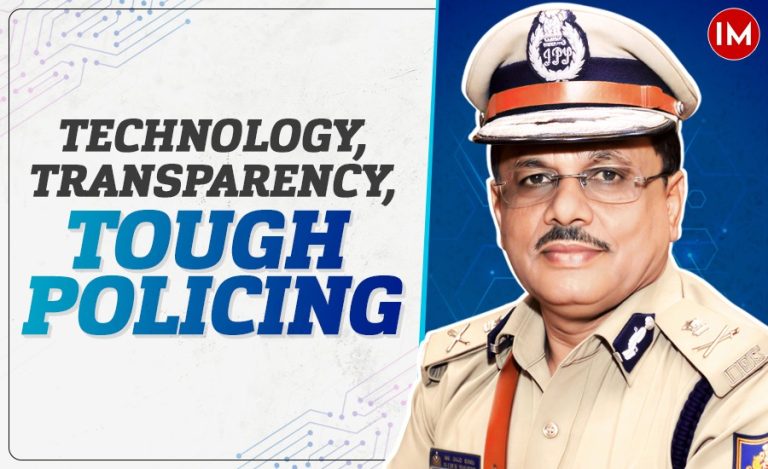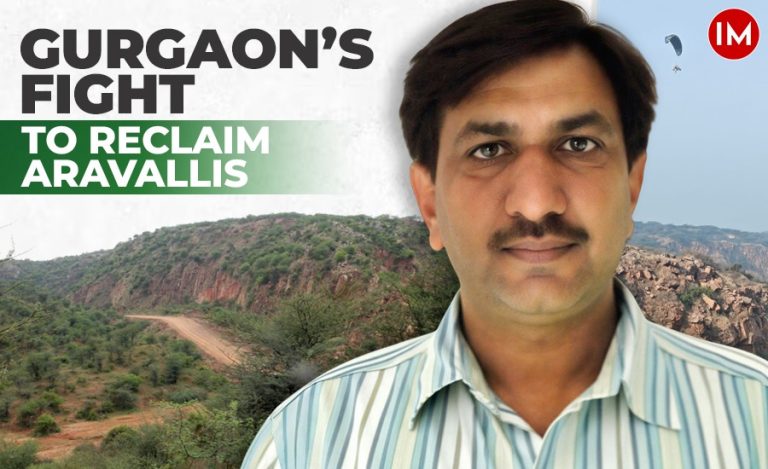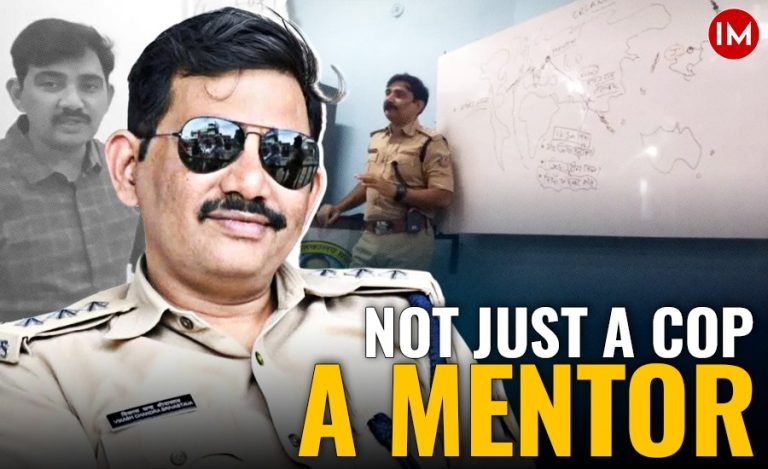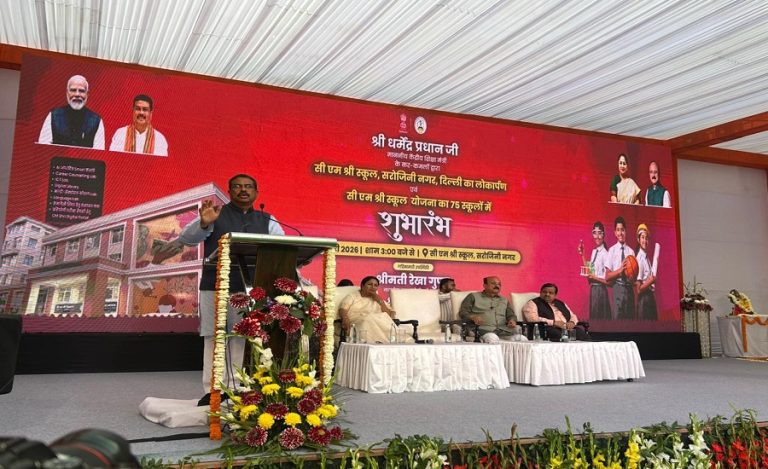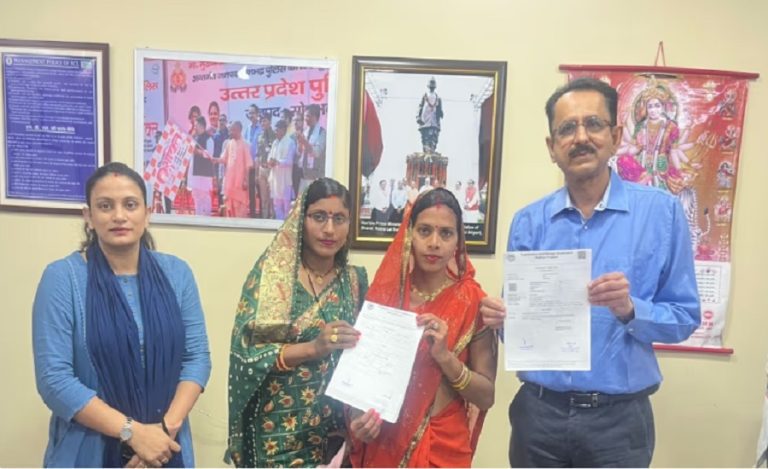When most people watch interviews of IAS officers, they expect a larger-than-life personality on the other side — someone extraordinary, someone born brilliant, someone who has unlocked a secret formula to crack the civil services exam. Arpit Gupta once carried the same belief. But today, as the Sub-Divisional Officer (Revenue), Baihar in Balaghat district, he quietly smiles at that old thought. Because his journey proves something different — UPSC doesn’t reward perfection; it rewards persistence.
ROOTED IN VALUES
Arpit comes from Sahjanwa near Gorakhpur, a place where ambition is often limited not by potential but by access. His father served in the Railways and his mother is a homemaker. Growing up, he never imagined a glamorous career or a predefined path to success. Life was simple and disciplined. Education was priority, but there was no pressure for medals or ranks.
Schooling led to IIT Roorkee, where he pursued Mechanical Engineering. Like many from premier institutes, he stepped into the corporate world and worked briefly as a Financial Market Analyst. The job was good, the future was predictable — yet something felt incomplete. Between comfort and calling, Arpit chose calling.
WHEN OPPORTUNITY BECAME A MISSION
The spark that led him toward the civil services wasn’t dramatic. It was a moment of quiet realization. A childhood friend — same age, same town, same games, same playground — but drastically fewer opportunities in life. Not because of talent, but because of environment.
Arpit often reflects on that comparison. “The biggest inequality in India isn’t income gap — it’s opportunity gap,” he says. That observation became purpose. For him, UPSC was never about becoming a VIP. It was about becoming a bridge — ensuring that no child is left behind just because life didn’t give them the same head start.
LEARNING TO TRUST YOURSELF
When Arpit quit his job to prepare full-time for UPSC, he took a decision that many would call risky — he did not join coaching. It wasn’t rebellion. It was clarity. If the exam would eventually test his mind, then preparation also had to be his.
He designed his methods:
-Guided study instead of endless study
-Limited books instead of hoarding material
-Notes that fit memory instead of filling diaries
-Self-accountability instead of performance pressure
He chose Mathematics as his optional — not because it was easy, but because he enjoyed it. People warned him about low success rates, but he followed instinct over fear. In his journey, self-belief wasn’t arrogance. It was survival.
FAILURE FEAR AND THE REALITY BEHIND SUCCESS
Arpit openly admits that before becoming an officer, he was an aspirant like anyone else — insecure, frustrated and uncertain. UPSC does not guarantee rewards; it only guarantees effort. There were days of doubt, days of loneliness, and days when results and hard work had nothing to do with each other. Vulnerability is not something many officers speak of publicly, but Arpit doesn’t hide it — because it’s real.
The day the result was released is etched in his mind. 30th May — until 1 PM, he was one of lakhs of aspirants. At 1:01 PM, society began treating him like an “officer”. But internally, he was the same person — shaped by struggle, not miracle.
THE REAL MEANING OF SERVICE
Today, posted as SDO (Revenue), Baihar, District Balaghat, Arpit carries with him the values that inspired his preparation. For him, an administrative post is not a badge — it is responsibility.
His mission is simple, Schools must give every child a fair chance and policies must reach the ground, not stop at files, development must be visible in people’s lives, not just speeches.
Wherever duty takes him in the future — SDM or Collector — his first instinct will always be to look at the schools, the facilities, the learning environment and the children who will shape tomorrow.
LEARNINGS FROM HIS JOURNEY
Arpit does not claim to have decoded UPSC. He has only decoded his own path — and that is his message.
Key lessons from his journey:
-People don’t crack UPSC because they’re “genius”; they crack it because they refuse to give up.
-Coaching is not mandatory — discipline is.
-Studying more is not the goal; studying right is.
-Decisions taken under pressure rarely help; decisions taken with ownership always do.
-If the destination is service, ego must stay out of the way.
He believes that the pursuit of UPSC should not be a fight for status but a commitment to nation-building — and that responsibility begins long before the rank is awarded.
A JOURNEY THAT CONTINUES
Arpit’s story is not the story of someone who became extraordinary overnight. It is the story of someone ordinary who refused to stop. His journey reminds us that dreams are not fulfilled by shortcuts, tips or magical formulas — but by resilience, clarity and purpose.
Every time he signs a file, every time he visits a village, every time he stands in front of students, he remembers the boy from Sahjanwa who wished all children had equal opportunities. That boy is still within him — and he is the reason Arpit Gupta serves. Because success is not when you achieve a position. Success is when you use that position to lift others.


